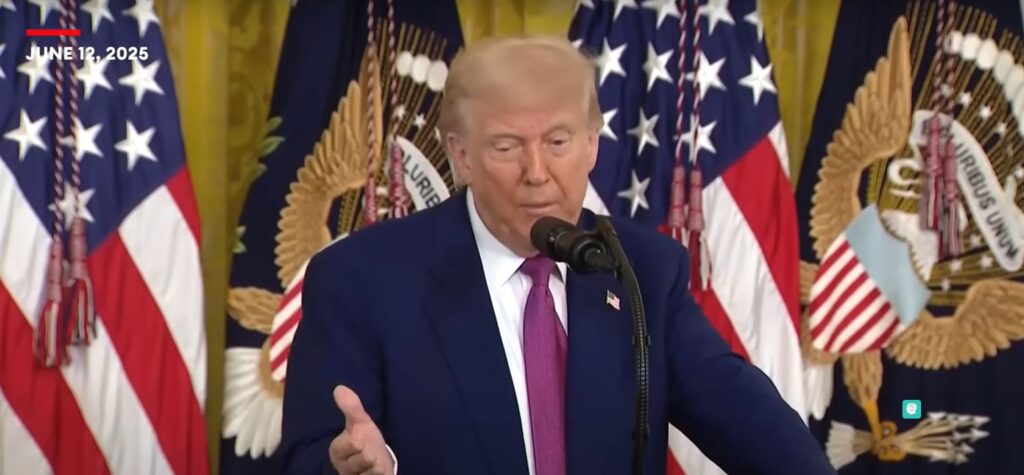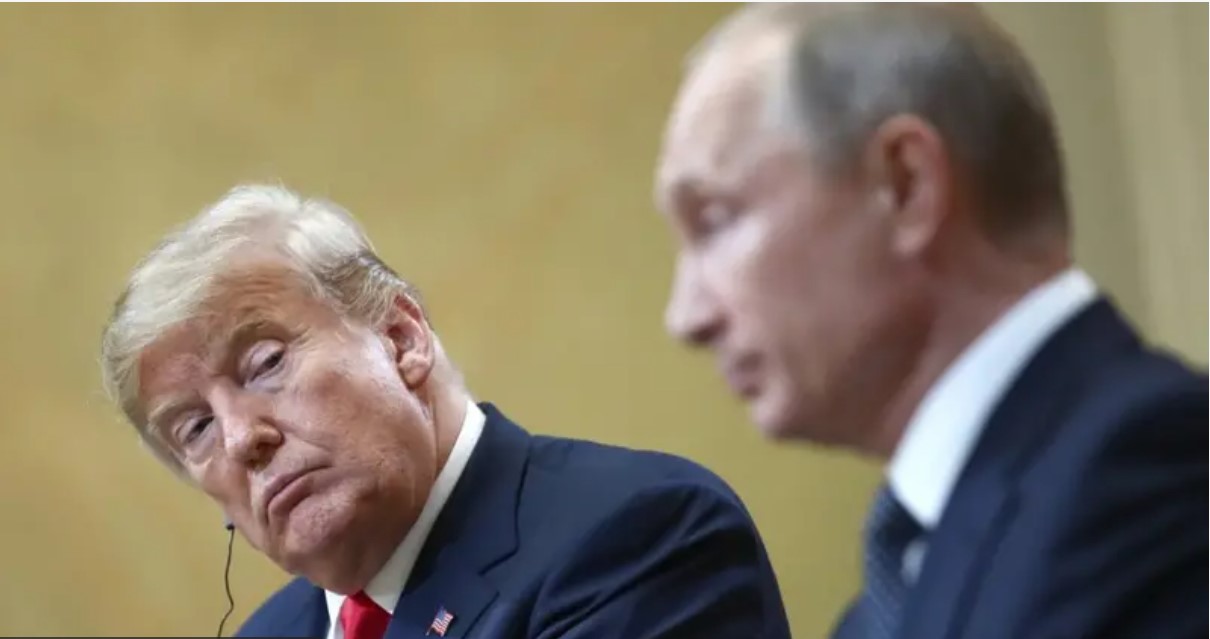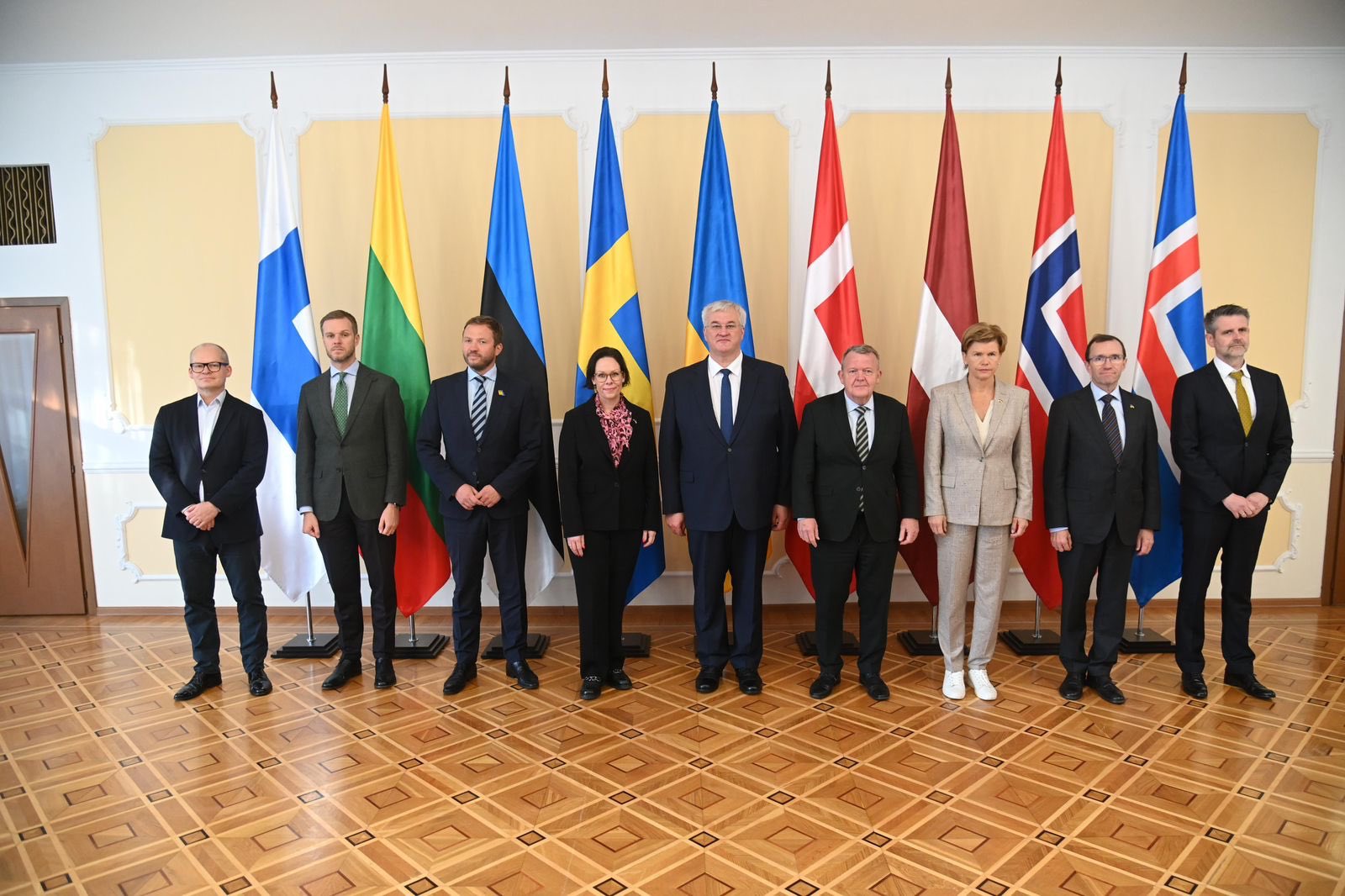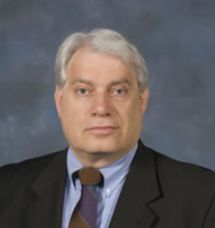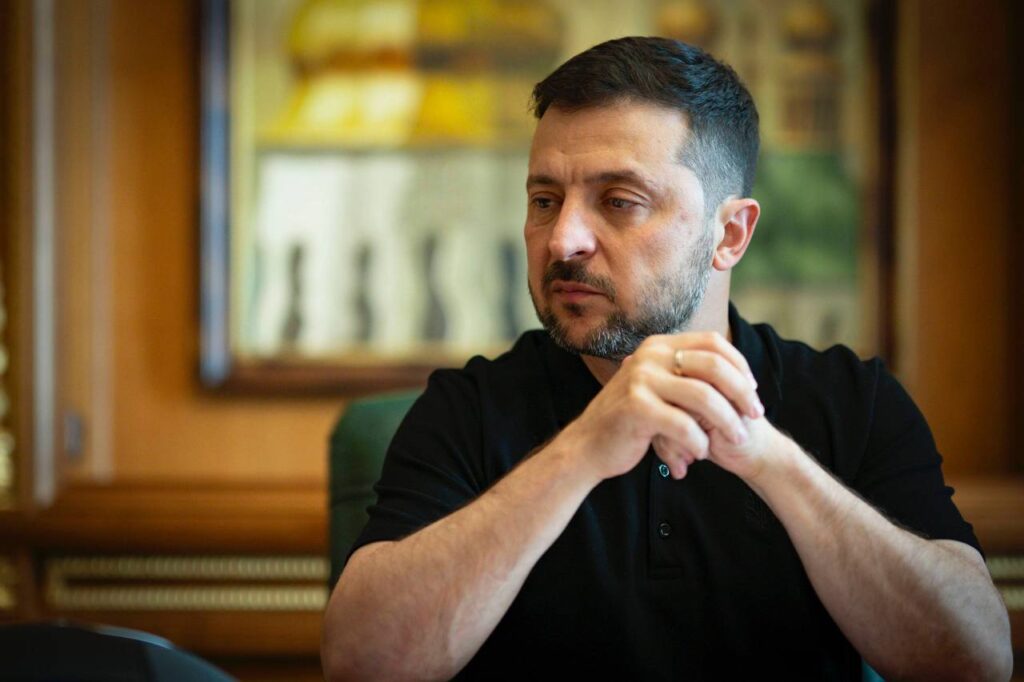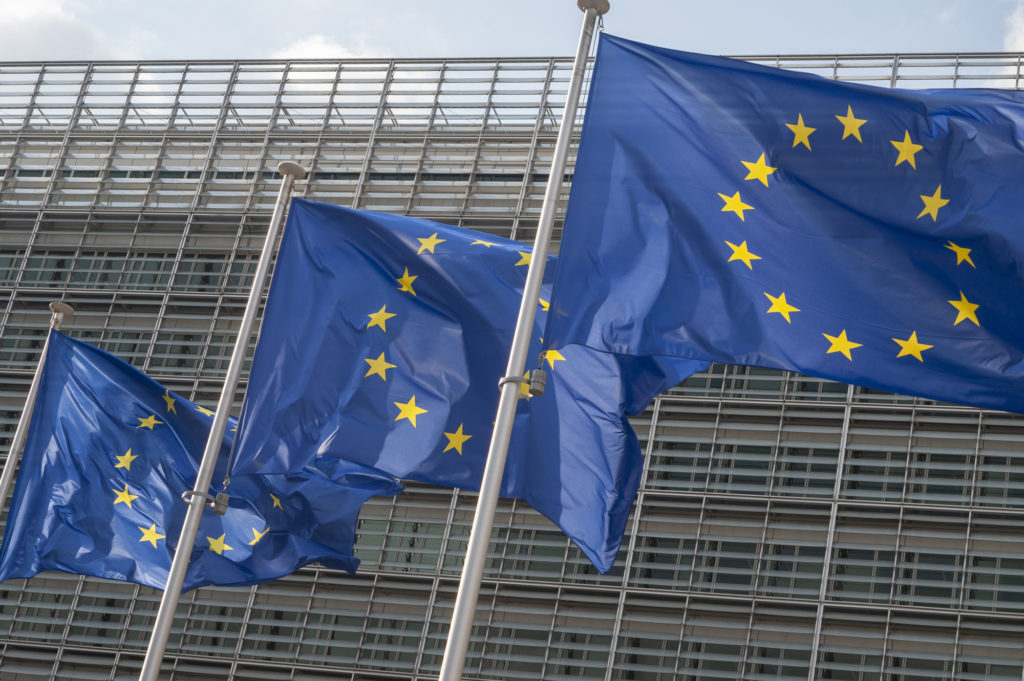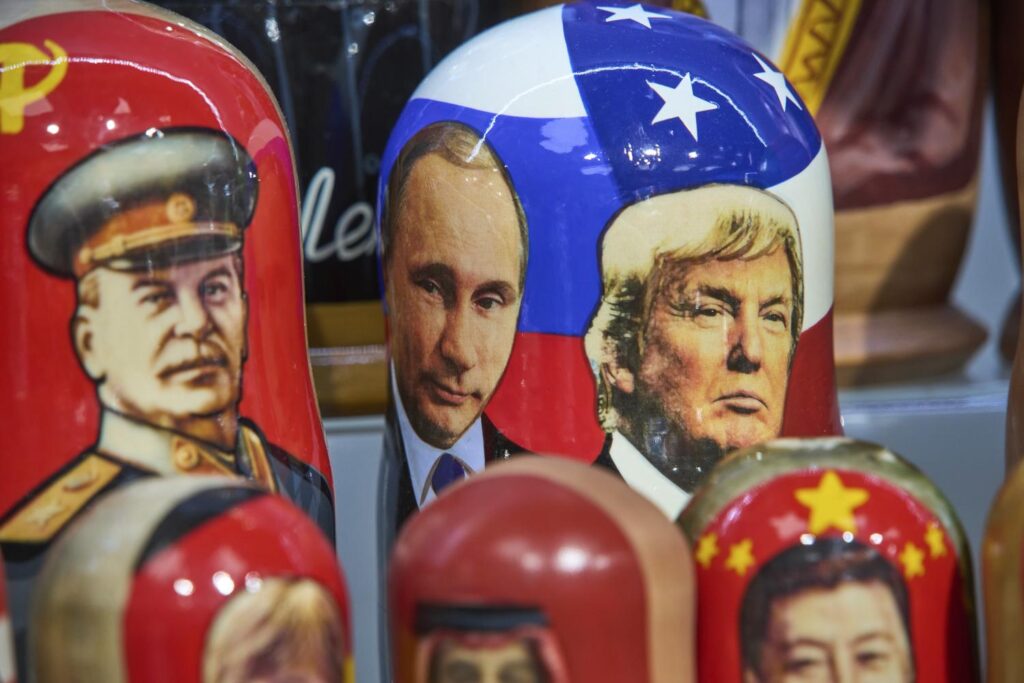
Trump and Putin will likely walk away Friday with aligned foreign policy against Europe—but no path to peace.
Trump has already demonstrated his negotiating skills by offering Russia substantial concessions before talks have even started. He has offered Putin nearly everything he demanded to even start negotiations with Ukraine.
In July 2023, I argued that Trump’s “peace plan” was a blueprint for Russian victory over Ukraine and the West. He has since offered even greater concessions while pressuring the victim and rewarding the aggressor.
That’s not negotiations. It is capitulation at the peril of the rule-based world order, Europe and the transatlantic relationship.
The talks between Trump and Putin in Alaska are unlikely to result in an unjust, temporary peace on Russian conditions. Nor will they produce the just and lasting peace the free world is calling for.
Why? Neither has the cards to change the strategic situation. But they will produce something both leaders want: deeper alignment against European allies.
Neither leader can deliver what they promise
Trump wants more than anything else to achieve a diplomatic victory, resetting relations between Russia and the United States, turning Russia away from China through a “reverse Nixon” strategy, and ensuring increased trade and access to Russian minerals.
These goals are far more important to him than lasting and just peace. They are also far more unrealistic than the latter.
There is a big gap between what Trump wants and what he can achieve.
- The United States cannot force Ukraine to withdraw from government-controlled territories, change its constitution, or recognize Russian sovereignty over occupied territories.
- It cannot force the Ukrainian population—the source of Ukrainian resolve and resilience—to accept anything contrary to their interests.
- Having stepped away from the Budapest Memorandum, any US security guarantee lacks credibility. Trump lost most cards when he stopped aid to Ukraine.
- Nor can the US force Europe to return frozen Russian assets, lift sanctions, or recognize Russian territorial conquests that violate international law. It cannot force the free world to stop supporting Ukraine’s fight for existence.
Trump has also forsaken all means necessary to force Russia to seek peace. He has aligned his foreign policy with Putin’s and declared himself unwilling to use US military power to pressure Russia. Threats of secondary sanctions and tariffs are unlikely to sway a country that is not waging war for territory but for great power status, strategic parity with the US, and a sphere of influence over parts of NATO territory.
The Kremlin has “played” all its “cards” short of nuclear weapons.
- It is bleeding soldiers and weapons on the battlefield without any prospect of an imminent breakthrough.
- It is advancing at a foot pace and will need an additional 3-4 years to occupy the rest of Donetsk, Zaporizhzhia, and Kherson oblasts.
- More crucially, at the present speed of advance, Russia will not occupy the rest of Ukraine before 2120.
- By the end of this year, it will have lost 1.5 million soldiers on the battlefield.
- More importantly, it will have lost most of its main battle tanks, armored personnel carriers, infantry fighting vehicles, and artillery pieces.
- It has already lost the ability to conduct mechanized maneuvers, crucial for any hope of decisive battles.
- While it refuses to abandon its strategic aims and objectives, its economy is slowly collapsing.
The Kremlin is little by little creating the conditions for a Black Swan event that might one day topple the regime.
Yet Putin believes he is winning. He has repeatedly rejected Trump’s so-called Peace Plan. Kremlin statements continue to demonstrate that Russia remains committed to achieving its original war goals and will not sign up to anything that does not deliver a victory.
Explore further
Putin came for the summit. Trump brought the white flag.
How Russia manipulates America’s diplomatic collapse
Besides the support from China, Iran, and North Korea, President Trump is possibly Russia’s best hope for a victory in Ukraine. He has already demonstrated his willingness to betray allies and partners to secure what he sees as the US national interests (hence his America First policy).
The Trump administration is actively pursuing a reset or normalization of relations with Russia. The administration and Russian officials are discussing economic cooperation and removing barriers to mutual trade, with Trump’s tone increasingly favorable toward potential business ties.
Additionally, the policy shift is naively believed to pull Russia away from China, undermining the strategic alliance between Moscow and Beijing.
The Kremlin is actively entertaining the idea that a reset of relations is both possible and mutually beneficial, offering potentially great economic rewards. It is actively manipulating a US administration that has recently fired over 1,300 career diplomats and civil servants, losing institutional knowledge, diplomatic capacity, language and cultural expertise.
Russia, in contrast, maintains a professional diplomatic corps with deep US expertise.
The talks between the US special envoy, Steven Witkoff—an American lawyer and real estate investor—and highly experienced Russian diplomats like Sergey Lavrov (Foreign Minister), Yuri Ushakov (Presidential Aide), Kirill Dmitriev (Head of the Russian Direct Investment Fund; Special Representative for Foreign Investment), and not least President Putin, demonstrates the extreme imbalance between the two parties.
Combined diplomatic experience? 172 to 0.5 years in favor of the Russian Team.
As Daniel Hannan, former member of the European Parliament, observed: “Whatever his motives, Trump has behaved exactly as a Russian asset would.”
President Trump has threatened allies with land grabs by military force, annexation, started a trade war, and increasingly aligned his foreign policy with that of Russia. The President sees the EU, which represents most of the US’s European allies, as “worse than our so-called enemies.” He argues that the EU was formed to screw the US.
The fundamental break with Europe
Statements by the Trump administration signal a deepening of the transatlantic chasm beyond different perceptions of Russia to an even deeper societal rupture about values and the nature of democracy. They mark an end to the era of shared US-European values.
President Trump’s repeated concessions to Russia and the absence of European representatives at the negotiations underline the scale and scope of the strategic split.
Given Trump’s all too generous offers, Putin’s persistent refusal to engage in meaningful negotiations, and their common refusal to involve Europe in the talks, the fear of betrayal comes easily.
What Friday’s meeting will actually achieve
The meeting between Trump and Putin will likely have limited impact on the war but significant impact on Western unity.
The meeting will likely be a “feel-out session” sharing perspectives on the war and the way forward. But both presidents will walk away with even more aligned foreign policy, united in ramping up pressure on Europe and Ukraine.
It will provide Trump another excuse to delay meaningful sanctions, tariffs or actions that might pressure the aggressor.
Trump has blinked, shown his cards, and demonstrated weakness and is, consequently, left without leverage. Putin gets an American partner in pressuring European allies while Trump gets to claim he’s pursuing “peace” while avoiding confrontation with Moscow.
It is, unfortunately, smoke and mirrors.
Hans Petter Midttun, independent analyst on hybrid warfare, Non-Resident Fellow at the Centre for Defense Strategies, board member of the Ukrainian Institute for Security and Law of the Sea, former Defense Attaché of Norway to Ukraine, and officer (R) of the Norwegian Armed Forces.
Editor’s note. The opinions expressed in our Opinion section belong to their authors. Euromaidan Press’ editorial team may or may not share them.
Submit an opinion to Euromaidan Press
You could close this page. Or you could join our community and help us produce more materials like this.
We keep our reporting open and accessible to everyone because we believe in the power of free information. This is why our small, cost-effective team depends on the support of readers like you to bring deliver timely news, quality analysis, and on-the-ground reports about Russia's war against Ukraine and Ukraine's struggle to build a democratic society.
Become a patron or see other ways to
support.
